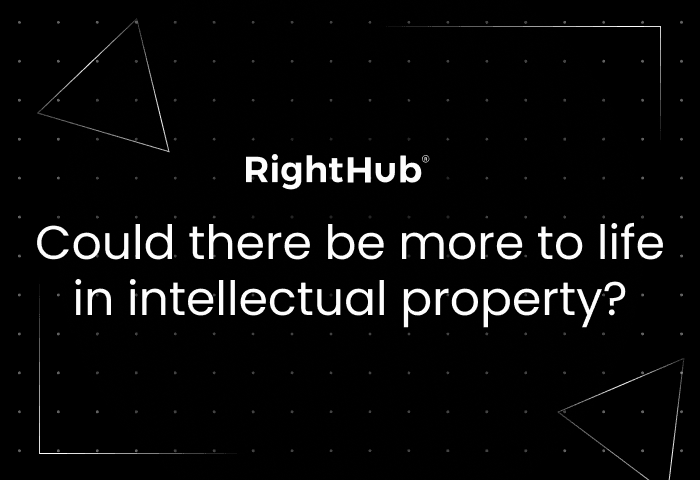There’s no denying that intellectual property in all its forms is one of the most fascinating (in our admittedly biased view) practice areas of law. Many practice areas are centred on the sometimes-tenuous balance between human behaviours and very human ambitions. No matter how much we evolve as a species, there seems to be always that more primitive part of us that seeks to steal, lie, cheat and harm others for a stunningly wide variety of reasons.
For sure, monitoring for infringement and enforcement of rights forms a good (and critically important) part of intellectual property management but the better part of it is focused on growth and innovation. Promoting those key elements becomes a way of life for its practitioners. Along with the attendant workload composed of a heavy volume of time-consuming tasks.
The value of that time is indisputable. But correctly valuing and prioritising that time seems to be one of those long-standing human failures. Seneca, a Roman Stoic philosopher, statesman and dramatist (4 BC – 65 AD), repeatedly highlighted the importance of time as a resource. The popular DKB Show that extracts insights from historical figures and old books, imagined a conversation with Seneca today using his words and philosophy to provide modern answers to an age-old problem.
“DKB: It’s true that we all waste a lot of our time. Why do you think this happens? We all know that our time is limited, but many of us continue to make this basic mistake.
Seneca: In your mind, you genuinely think you’re going to live forever. You think you have an infinite supply of time, and you keep spending it on the first thing that pops up without giving it much thought. You act like a mortal in all that you fear, and an immortal in all that you desire.”
We are all familiar with life-altering events and circumstances that bring our focus more sharply on to how we are spending our time. Colloquially known as the ‘phoenix effect’, life-alerting events such as accidents, severe injury, life-threatening illness or even the loss of a loved one can change, temporarily or over a longer term, our priorities and how we assess our relationship with our most precious natural resource – time.
And it is of particular importance in the intellectual property world. WIPR investigated some of the elements and factors involved in an article titled: Mental health and law: does IP have a culture problem? The article centres around three organisations in the UK that provide specific supports and resources to the legal profession and the intellectual property niche in particular. One of those, Johnathon’s Voice, was created by the parents of patent attorney Johnathon McCartney after he tragically took his own life in 2017.
The piece highlights the many struggles of intellectual property professionals and unsurprisingly highlights the risks of burnout associated with long hours of manual and time-consuming labour. More surprisingly, there were insights about the type of people who are drawn to working in this profession:
“IP tends to attract perfectionists, people who have perhaps been successful in previous careers but can suffer imposter syndrome in law” said Graham McCartney, Johnathon’s father. Elizabeth Rimmer, CEO of UK charity LawCare agreed “The type of people who become lawyers have thinking styles that are very helpful for law, but if you don’t manage them well, they can negatively affect your mental health.”
Of course, the nature of intellectual property work is a critical factor in the challenge, as Elizabeth Rimmer goes on to clarify “The 24/7 culture didn’t exist then as it does now. The advent of technology means it can be very hard to switch off. The long working hours culture is endemic.”
Culture at RightHub is a very big part of what we do. While technology has undoubtedly created problems, it can provide solutions too. It’s a core element of who we are as a company and what drives us. We bring people together to make a difference in the world and here at RightHub, it's a 'whole life' issue and it is the application of technology in the very best of ways - empowering professionals to lead more creative, energetic, growth-orientated and fulfilling lives.
